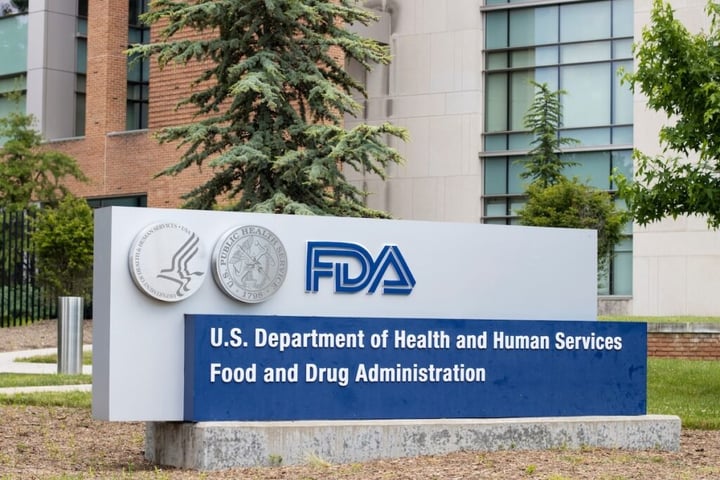New research has uncovered a significant connection between credit scores and cancer survival rates, suggesting that financial stability may play a critical role in patient outcomes. The study, released in October 2023, indicates that as credit scores decline, the odds of surviving cancer decrease markedly.
Previous studies have examined how the financial health of cancer patients impacts their mortality risk, but this new research takes a more quantitative approach by focusing specifically on credit scores. The findings reveal that patients with lower credit scores often face additional stress and barriers to accessing necessary healthcare resources, which can adversely affect their recovery and treatment options.
Impact of Financial Health on Cancer Outcomes
The study highlights a troubling trend: individuals with credit scores below 600 are significantly more likely to experience negative health outcomes compared to those with higher scores. Specifically, the research found that patients with low credit scores had a 30% greater risk of mortality within five years of their cancer diagnosis.
This correlation raises important questions about the intersection of financial health and physical well-being. According to the research team, led by Dr. Emma Simmons, a health economist at the University of Chicago, “Financial distress can limit access to treatments, medications, and follow-up care, which are all crucial for improving survival rates.”
Addressing Barriers to Care
The implications of this research extend beyond individual health outcomes. Healthcare providers and policymakers are now called to consider financial factors when developing treatment plans for cancer patients. Many patients may delay or forgo essential treatments due to the high costs associated with cancer care, leading to poorer health outcomes.
This study emphasizes the need for integrated care models that address both medical and financial needs. Initiatives that provide financial counseling and support for patients could help mitigate the risks associated with low credit scores.
As the healthcare landscape evolves, understanding the role of financial health in patient care becomes more critical. The findings serve as a reminder that addressing barriers to care is essential, not only for improving survival rates but also for ensuring equitable access to healthcare services.
The research underscores the need for further studies to explore how financial interventions could positively influence cancer survival rates. By focusing on holistic approaches that include financial well-being, the healthcare community can work towards better outcomes for all patients facing cancer.







